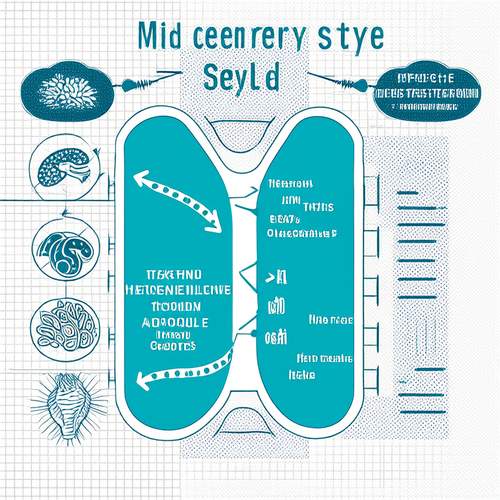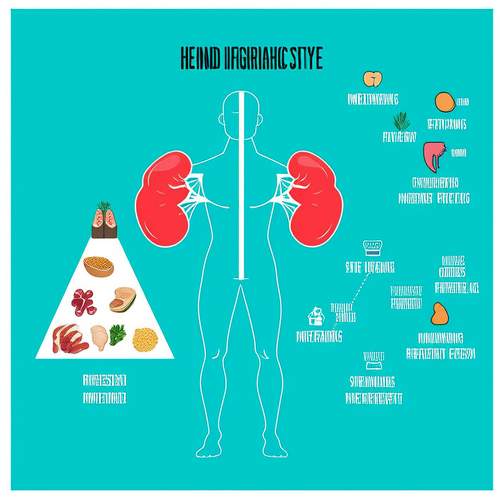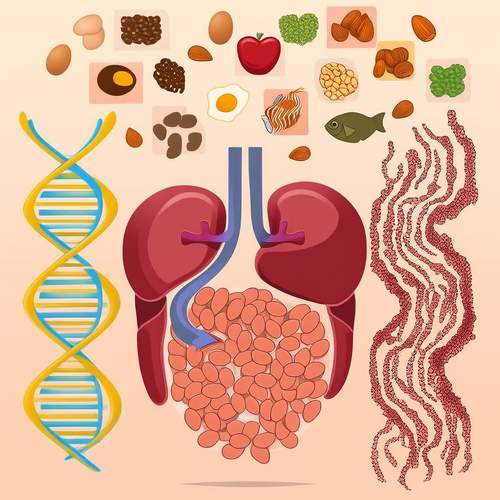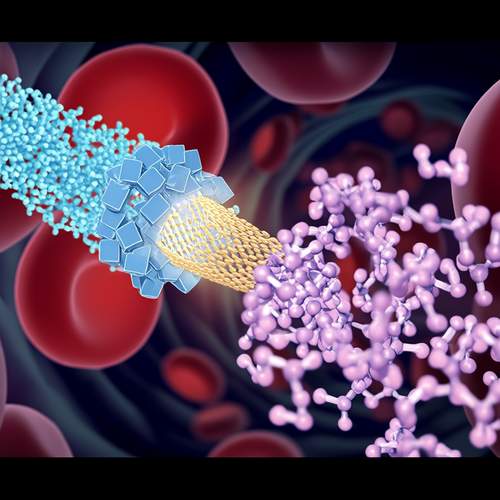In the realm of health and wellness, the role of nutrition in bolstering the immune system has garnered significant attention. Immune-boosting nutrients are not just a trend but a cornerstone of preventive healthcare. The human body relies on a complex network of cells, tissues, and organs to defend against pathogens, and the right nutrients can enhance this natural defense mechanism. From vitamins to minerals and phytochemicals, each component plays a unique role in maintaining immune resilience.
The foundation of immune support begins with vitamins, particularly vitamin C and vitamin D. Vitamin C, often associated with citrus fruits, is a potent antioxidant that aids in the production of white blood cells, the body’s first line of defense. It also helps these cells function more effectively while protecting them from oxidative stress. On the other hand, vitamin D, synthesized through sunlight exposure, modulates the immune response. Deficiencies in vitamin D have been linked to increased susceptibility to infections, making it a critical nutrient for year-round immune health.
Minerals such as zinc and selenium are equally vital. Zinc is involved in numerous aspects of immune function, including the development and activity of immune cells. A deficiency in zinc can lead to a weakened immune response, leaving the body vulnerable to illnesses. Selenium, though required in smaller amounts, acts as an antioxidant and helps reduce inflammation. Both minerals work synergistically with vitamins to create a robust immune system capable of warding off infections.
Beyond vitamins and minerals, phytochemicals found in plants contribute significantly to immune enhancement. Compounds like flavonoids and carotenoids possess anti-inflammatory and antioxidant properties. These bioactive molecules are abundant in colorful fruits and vegetables, such as berries, spinach, and carrots. They not only support immune function but also promote overall health by neutralizing harmful free radicals and reducing chronic inflammation, which can compromise immunity over time.
Protein is another often-overlooked component of immune health. Amino acids derived from dietary protein are essential for the production of antibodies and immune system signaling molecules. Lean meats, fish, legumes, and dairy products are excellent sources of high-quality protein. Without adequate protein intake, the body struggles to repair tissues and generate the cells needed to combat infections effectively.
The gut microbiome, a diverse community of bacteria residing in the digestive tract, also plays a pivotal role in immune function. Probiotics, found in fermented foods like yogurt and kimchi, help maintain a healthy balance of gut bacteria. A well-balanced gut microbiome enhances the body’s ability to distinguish between harmful pathogens and benign substances, reducing the risk of unnecessary immune reactions. Prebiotics, which are fibers that feed beneficial bacteria, further support this delicate ecosystem.
Hydration is a simple yet powerful tool for immune support. Water is essential for the production of lymph, a fluid that circulates immune cells throughout the body. Dehydration can impair this process, hindering the immune system’s ability to respond to threats. Herbal teas and broths can also contribute to hydration while providing additional nutrients that support immunity.
While individual nutrients are important, the synergy between them cannot be overstated. A diet rich in whole foods—fruits, vegetables, whole grains, lean proteins, and healthy fats—provides the comprehensive nourishment needed for optimal immune function. Processed foods, high in sugar and unhealthy fats, can have the opposite effect, promoting inflammation and weakening immune responses. Making mindful dietary choices is a proactive step toward long-term immune resilience.
In conclusion, immune-boosting nutrients are a fundamental aspect of maintaining health and preventing disease. By incorporating a variety of vitamins, minerals, phytochemicals, and other essential nutrients into one’s diet, it is possible to strengthen the body’s natural defenses. The interplay between these components highlights the importance of a balanced and diverse diet. As research continues to uncover the intricate connections between nutrition and immunity, one thing remains clear: what we eat profoundly impacts our ability to stay healthy.

By /May 21, 2025

By /May 21, 2025

By /May 21, 2025

By /May 21, 2025

By /May 21, 2025

By /May 21, 2025

By /May 21, 2025

By /May 21, 2025

By /May 21, 2025

By /May 21, 2025

By /May 21, 2025

By /May 21, 2025

By /May 21, 2025

By /May 21, 2025

By /May 21, 2025

By /May 21, 2025

By /May 21, 2025

By /May 21, 2025

By /May 21, 2025

By /May 21, 2025